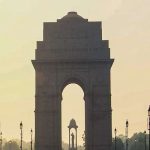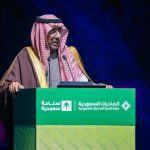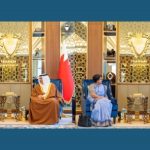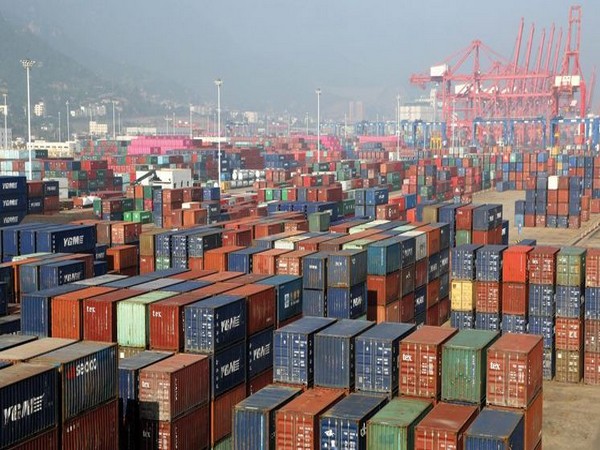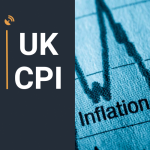The second meeting of the Joint Committee (JC) under the India-UAE Comprehensive Economic Partnership Agreement (CEPA) highlighted the growth in bilateral trade during the first two years of CEPA’s implementation, with both sides aiming to achieve the target of USD 100 billion in non-oil trade before 2030. The meeting, co-chaired by officials from both countries, focused on enhancing trade relations and addressing key issues to further strengthen economic ties. Both sides agreed to form a technical group of experts to facilitate the exchange of trade-related data and work closely to implement Tariff Rate Quotas (TRQs) for specific products.
One of the key topics discussed during the meeting was the proposal to designate the Indian Jewellery Exposition Centre in Dubai as a “Designated Zone,” which would benefit Indian jewellery manufacturers by allowing them to benefit from concessional duties. Discussions also covered Sanitary and Phytosanitary (SPS) and Technical Barriers to Trade (TBT) measures. India requested the UAE to recognize the i-CAS Halal scheme to simplify the certification process and boost animal product exports to the UAE. Both sides also agreed to expedite the registration and reference pricing mechanism for pharmaceutical products and finalize a Memorandum of Understanding (MoU) on food safety.
In terms of trade in services, the two sides exchanged focal points and agreed to hold the first Sub-Committee Meeting on Services Trade soon. India highlighted the need for Mutual Recognition Agreements (MRAs) between professional bodies in both countries to allow professionals such as chartered accountants, lawyers, and nurses to offer their services without additional certification. The meeting concluded with both sides agreeing to hold the next JC meeting in India at a mutually convenient date, reflecting the strong commitment to strengthen the close ties of friendship and cooperation between India and the UAE.
The discussions during the meeting focused on the progress made since the 1st Sub-Committee Meeting on Trade in Goods, which highlighted key achievements. Both countries committed to working closely to ensure UAE exporters can effectively benefit from Tariff Rate Quotas (TRQs) for specific products. The Indian side revised the procedure for allocating licenses under TRQs to streamline the process based on stakeholder feedback. India reiterated its request regarding the designation of the Indian Jewellery Exposition Centre in Dubai as a “Designated Zone,” and the UAE expressed willingness to consider the proposal after consultations with relevant stakeholders, including federal tax authorities.
On the matter of Sanitary and Phytosanitary (SPS) and Technical Barriers to Trade (TBT) measures, India requested the UAE to recognize the i-CAS Halal scheme to simplify the certification process and boost animal product exports to the UAE. Both sides agreed to expedite the registration and reference pricing mechanism for pharmaceutical products and finalize a Memorandum of Understanding (MoU) on food safety. The meeting concluded with both sides agreeing to hold the next JC meeting in India, showcasing a strong commitment to strengthening the close ties between India and the UAE.
Overall, the second meeting of the Joint Committee (JC) under the India-UAE Comprehensive Economic Partnership Agreement (CEPA) showcased the commitment of both countries to enhancing trade relations and addressing key issues to further strengthen economic ties. The meeting discussed various topics including Tariff Rate Quotas (TRQs), the designation of the Indian Jewellery Exposition Centre in Dubai as a “Designated Zone,” Sanitary and Phytosanitary (SPS) and Technical Barriers to Trade (TBT) measures, as well as Mutual Recognition Agreements (MRAs) for professional bodies in both countries. Both sides agreed to work closely to facilitate the exchange of trade-related data and finalize agreements on various fronts to boost bilateral trade.


